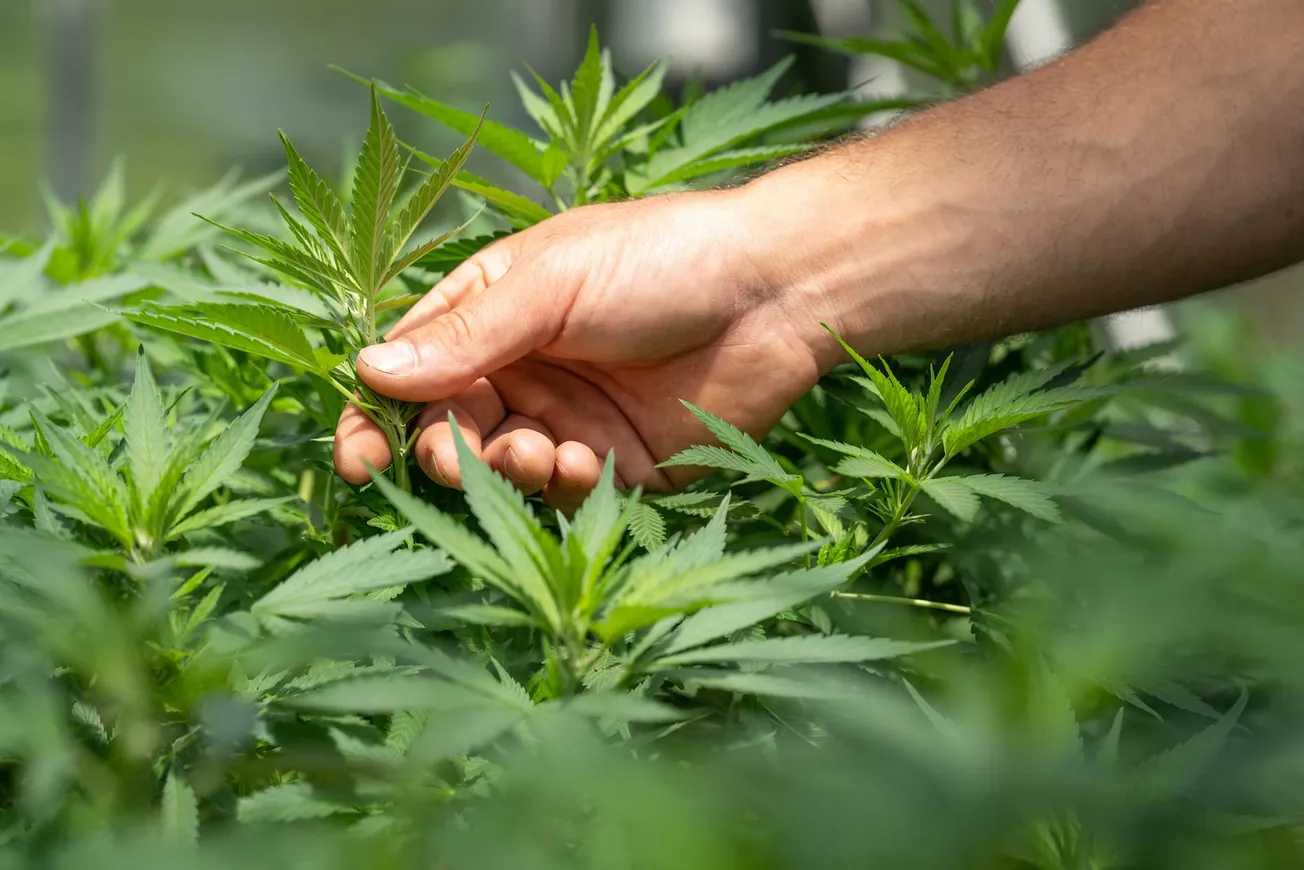Table of Contents
Information
Opinion
US President Joe Biden has issued a blanket pardon for those federally convicted of possessing small amounts of cannabis. Although this will only affect a relatively small number of people, its significance cannot be overstated.
US cannabis policy has been thrust to the fore after President Joe Biden issued a blanket pardon for Americans federally convicted of possessing small amounts of the drug.
[…] Federal law currently classifies cannabis as a Schedule I controlled substance, meaning it has “no currently accepted medical use and a high potential for abuse”.
As one White House official noted, that’s “the same schedule as for heroin and LSD, and it’s even higher than the classification for fentanyl and methamphetamine – the drugs that are driving [America’s] overdose epidemic”.
“It makes no sense,” Mr Biden said on Thursday, as he directed his attorney general and health secretary to oversee a review.
Yep, even senile old gits can see it doesn’t makes sense.
“Too many lives have been upended because of our failed approach to marijuana. It’s time that we right these wrongs.”
The fact that this is coming from Joe Biden is like hearing Michael Baker saying lockdowns are unnecessary and result in far more harm than good. As just one example, Biden was solely responsible for the notorious RAVE Act, which, although it did not pass congress, was the predecessor of the Illicit Drug Anti-Proliferation Act. This act prevented many raves from providing harm-reduction services including medical services, for fear of being implicated in a crime.
[…] As the White House itself has noted, Mr Biden’s pardons – for “simple possession” – are limited in scope. Only about 6,500 people with federal convictions and some District of Columbia (DC) residents are eligible for the relief.
That’s because, while nearly 29 million Americans have been arrested for cannabis-related violations since 1965, nobody is currently in federal prison solely for possession. In addition, most convictions for possession are at the state and local level, and presidential pardons only apply to federal charges.
Ms Frederique argues, however, that the president’s actions have “put teeth behind” efforts to relieve the perceived harms of cannabis prohibition.
This is key. If you want a substance legalised and regulated, or even moved to a lower schedule, you make the case that it is not as harmful as believed. Libertarian arguments and such are secondary.
As an aside: contrary to what many believe, cannabis does not cause the least harm. MDMA (Ecstasy) causes less harm but, thanks to hostile and salacious reporting by the media, people think that it is much more harmful and dangerous than cannabis. Again, it’s all about public perception. But anyway…
Organisations like hers are calling on the president to de-schedule the drug – that is, repeal cannabis from the US Controlled Substances Act of 1970 and regulate it in the same way as alcohol or tobacco.
[…] If the Biden-initiated review does ultimately call for re-classifying cannabis, the federal government will be catching up to reforms already underway in several US states.
[…] It is a reflection of how much the politics of cannabis reform have changed over a short period of time. A Gallup poll last year showed that a record 68 per cent of Americans are now in favour of legalising the drug.
A change largely driven by the fact that legalisation of cannabis in the various states has seen none of the dire predictions by opponents actually come true. Proof that those who argued that cannabis was far less harmful than believed were right.
[…] In fact, Mr Biden’s actions represent an about-face on his own track record as a lawmaker. He claims to have never touched cannabis and, over a 35-year tenure in the US Senate, authored and voted in favour of many tough-on-drug laws.
See above.
[…] But it is only congress – not the president – who can unilaterally act to amend or repeal cannabis prohibition.
[…] “By having the most powerful elected politician in this country talking about marijuana policy and taking steps to impact marijuana policy, that has elevated this debate,” said Mr Armentano.
“He has squarely put the pressure back on congress, where it belongs, and said: it’s up to you to finish the job.”
The War on Drugs, like an old elephant limping to its own grave, is dead. Those who are die-hard opponents of any cannabis law reform are right about one thing though. Cannabis is just the first drug on the list, with MDMA most likely to be next.









